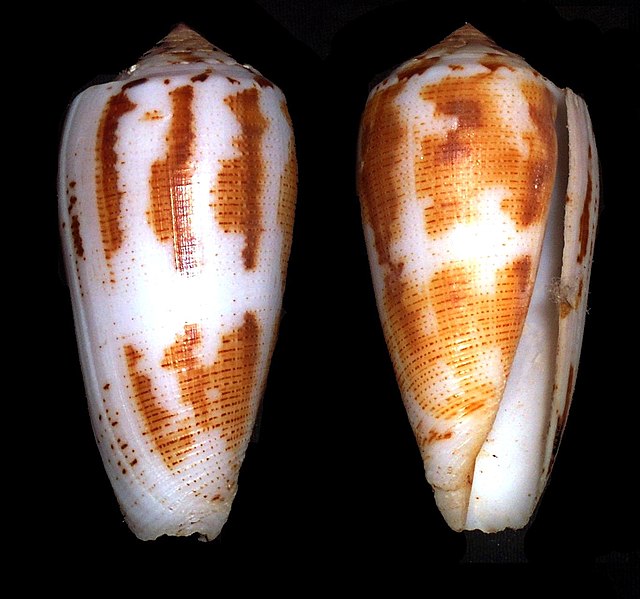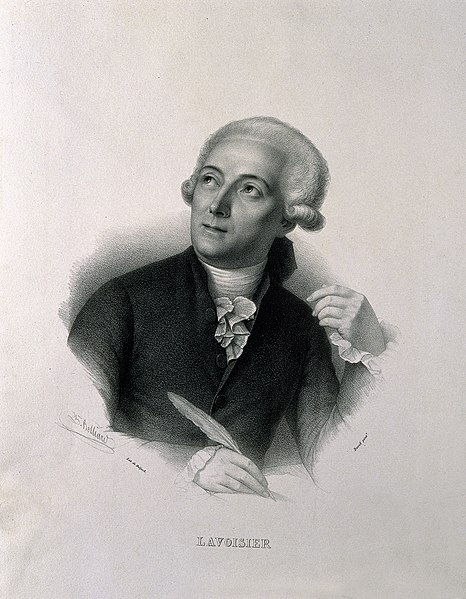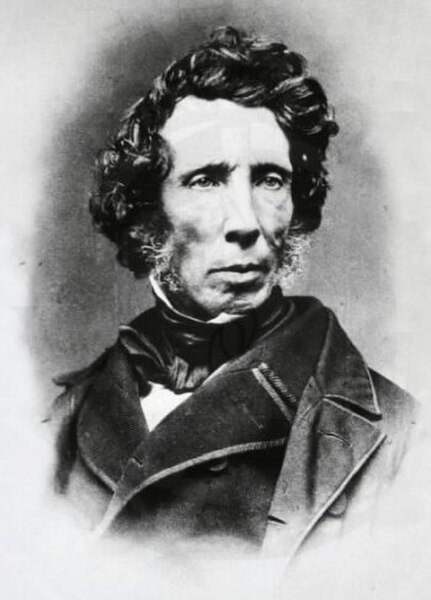Bioprospecting is the exploration of natural sources for small molecules, macromolecules and biochemical and genetic information that could be developed into commercially valuable products for the agricultural, aquaculture, bioremediation, cosmetics, nanotechnology, or pharmaceutical industries. In the pharmaceutical industry, for example, almost one third of all small-molecule drugs approved by the U.S. Food and Drug Administration (FDA) between 1981 and 2014 were either natural products or compounds derived from natural products.
Annonin-based biopesticides, used to protect crops from beetles and other pests, were developed from the plant Annona squamosa.
The tuberculosis drug streptomycin was discovered from the actinomycete Streptomyces griseus.
Zingiber officinale, an example of a medicinal plant used in multiple cultures
Voucher deposition allows species identity to be re-evaluated if there are problems re-isolating an active constituent from a biological source.
A natural product is a natural compound or substance produced by a living organism—that is, found in nature. In the broadest sense, natural products include any substance produced by life. Natural products can also be prepared by chemical synthesis and have played a central role in the development of the field of organic chemistry by providing challenging synthetic targets. The term natural product has also been extended for commercial purposes to refer to cosmetics, dietary supplements, and foods produced from natural sources without added artificial ingredients.
The opioid analgesic drug morphine is a natural product derived from the plant Papaver somniferum
The analgesic drug ω-conotoxin (ziconotide) is a natural product derived from the sea snail Conus magus.
Antoine Lavoisier (1743–1794)
Friedrich Wöhler (1800–1882)








